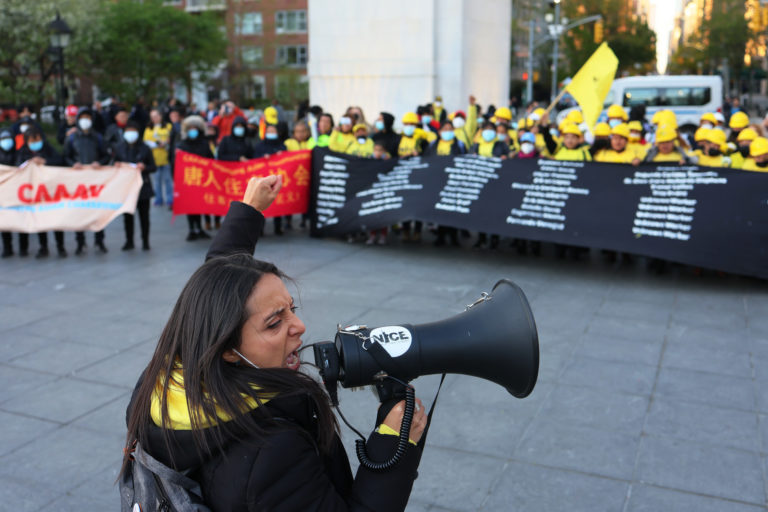About 100 days remain on the four-year labor pact created in the government bailout of Detroit Three, including the provision barring the United Auto Workers union from striking until September 14 of this year. According to The Wall Street Journal, the UAW, which represents about 140,000 workers, will begin wage negotiations next month, and in the meantime, local officials are setting up food pantries and encouraging members to save money in anticipation of strikes. Despite the support the Detroit Three have shown for their workers, members are frustrated with the two-tier pay system—veteran workers are paid $28/hour, while those hired after the bailout earn $19/hour—and may be willing to strike to see this change.
Walmart announced yesterday that it would raise the starting wage for over 100,000 managers in the United States, the New York Times reports. Walmart, long subject to pressure from labor groups to increase pay and benefits, says it is spending $1 billion to raise wages, and offer better training and more flexibility in work schedules. This is the second time this year Walmart has announced wage increases, after increasing wages for entry-level store workers in February.
Politico reports that the NLRB Election Rule passed in December has survived its first challenge: a district court in Texas upheld the rule against a facial challenge brought by the Associated Builders and Contractors of Texas and the NFIB. A parallel challenge from the Chamber of Commerce is pending in federal court in Washington, D.C.
According to The Washington Post, Senators Al Franken (D-Minn.) and Chris Murphy (D-Conn.) today plan to introduce the Mobility and Opportunity for Vulnerable Employees (MOVE) Act, which would ban non-compete agreements for workers making less than $15 an hour, or $31,200 a year. Although most jurisdictions would probably find non-compete clauses for employment contracts of sandwich shop and manufacturing plant workers unenforceable, these clauses can be used to intimidate workers. This bill hopes to eliminate them altogether.
Thousands of taxpayer-funded home-care workers in California haven’t been paid for weeks, after 40,000 time sheets went missing last month. According to the Los Angeles Times, the Service Employees International Union, representing these workers, is calling for an investigation and for “permanent solutions” to protect vulnerable home-care workers from future paycheck delays.






Daily News & Commentary
Start your day with our roundup of the latest labor developments. See all
December 19
Labor law professors file an amici curiae and the NLRB regains quorum.
December 18
New Jersey adopts disparate impact rules; Teamsters oppose railroad merger; court pauses more shutdown layoffs.
December 17
The TSA suspends a labor union representing 47,000 officers for a second time; the Trump administration seeks to recruit over 1,000 artificial intelligence experts to the federal workforce; and the New York Times reports on the tumultuous changes that U.S. labor relations has seen over the past year.
December 16
Second Circuit affirms dismissal of former collegiate athletes’ antitrust suit; UPS will invest $120 million in truck-unloading robots; Sharon Block argues there are reasons for optimism about labor’s future.
December 15
Advocating a private right of action for the NLRA, 11th Circuit criticizes McDonnell Douglas, Congress considers amending WARN Act.
December 12
OH vetoes bill weakening child labor protections; UT repeals public-sector bargaining ban; SCOTUS takes up case on post-arbitration award jurisdiction